
Houston Oilers
First Game Played September 11, 1960
Last Game Played December 22, 1996
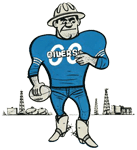
Historical Moments
Bud Adams, a founding member of the upstart American Football League, hires Lou Rymkus to coach his team in Houston known as the Oilers. The Oilers are able to win a major victory for the AFL by signing Heisman Trophy running back Billy Cannon; they also introduce a strong veteran influence by signing quarterback George Blanda.
After starting their season with a 37-22 win over the Raiders in Oakland, the Oilers came home to Jeppesen Stadium, where they defeated the Los Angles Chargers 38-28. The Oilers would finish with a 10-4 record, easily winning the Eastern Division, as Lou Rymkus earns coach of the Year honors.
In the first-ever AFL Championship Game, the Oilers defeat the Chargers 24-16 before 32,000 at Jeppesen Stadium. Leading the way for the Oilers is Billy Cannon, who is named the game's MVP, and George Blanda, who passes for 301 yards.
Houston Oilers Best
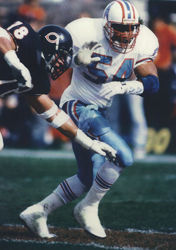
Al Smith
1987-1996
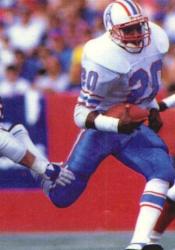
Allen Pinkett
1986-1991
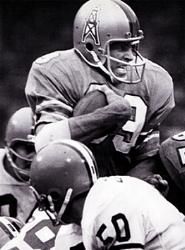
Alvin Reed
1967-1972
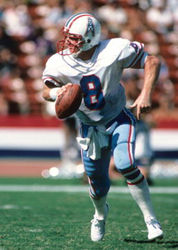
Archie Manning
1982-1983
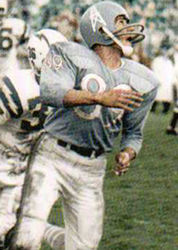
Bill Groman
1960-1962
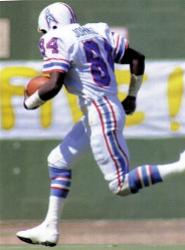
Billy "White Shoes" Johnson
1974-1980
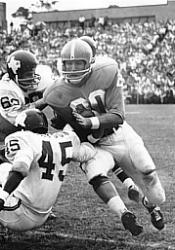
Billy Cannon
1960-1963
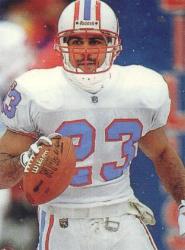
Blaine Bishop
1993-1996
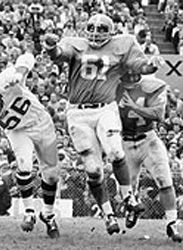
Bob Talamini
1960-1967
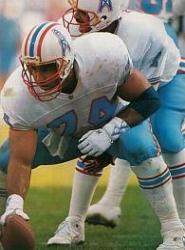
Bruce Matthews
1983-1996
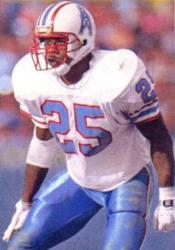
Bubba McDowell
1989-1994
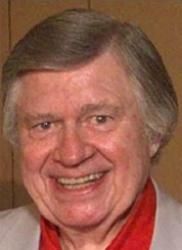
Bud Adams
Owner 1960-1996
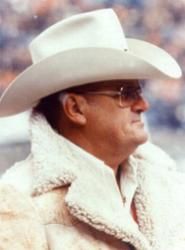
Bum Phillips
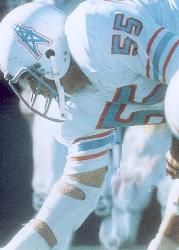
Carl Mauck
1975-1981
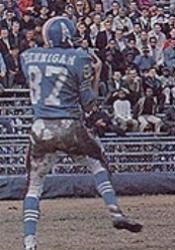
Charley Hennigan
1960-1966
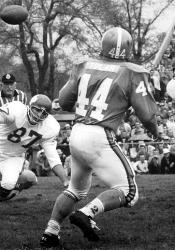
Charley Tolar
1960-1966
Houston Oilers Stadiums
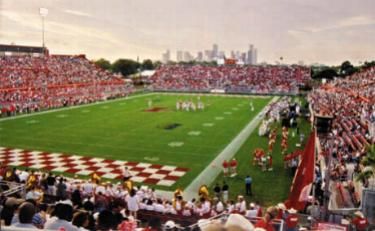
1960-1964
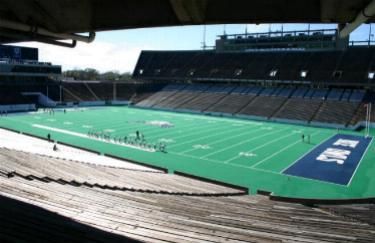
1965-1967
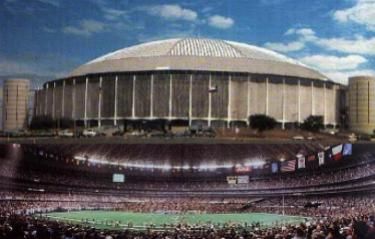
1968-1996
Championship Teams
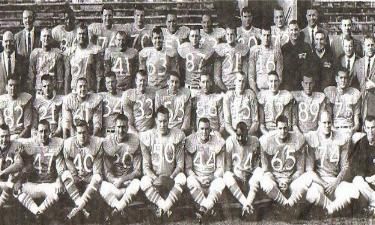
1960 AFL Champions
Houston Oilers
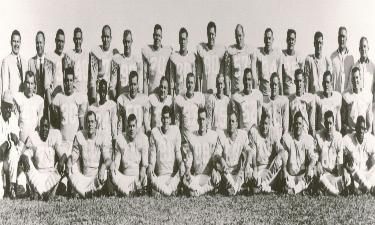
1961 AFL Champions
Houston Oilers